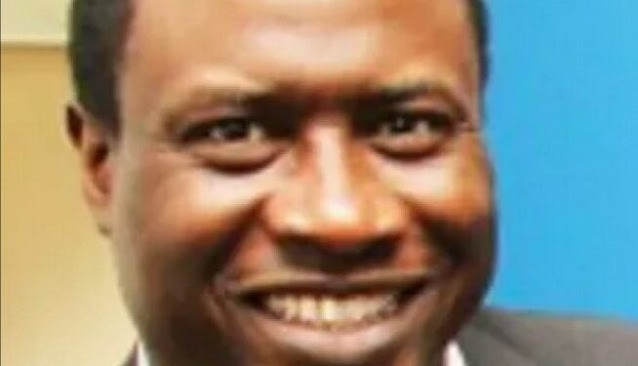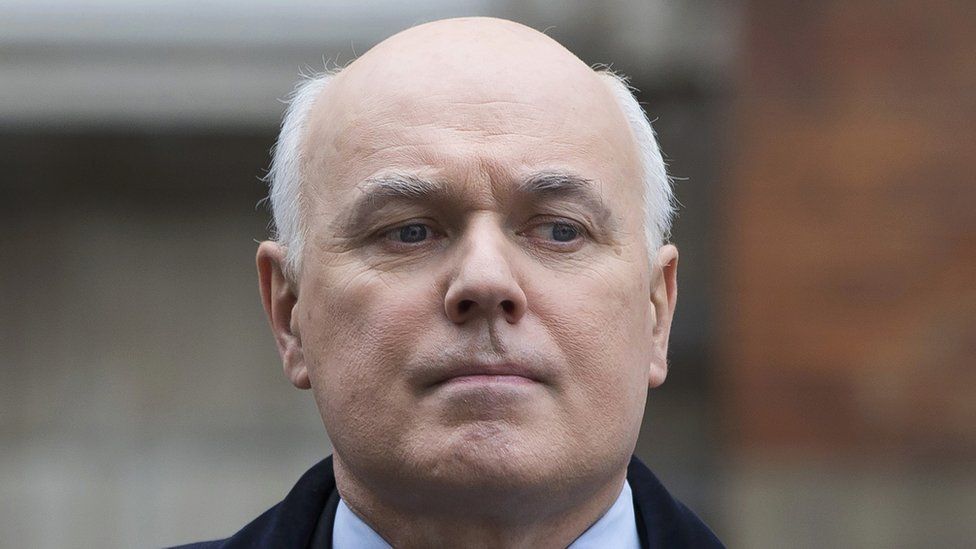Johannesburg — Japan is the latest country to try to increase engagement with Africa in the face of China’s massive influence on the continent and amid perceived threats to the international order.
There has been a flurry of visits to the continent by top officials this year, including Russia’s Foreign Minister Sergey Lavrov, U.S. Secretary of State Antony Blinken and European diplomats. The visits from Western leaders have been seen by many analysts as an attempt to counter Beijing’s clout, and to some extent, Russian influence.
Last month, Japan also sought to provide African countries with an alternative to Chinese lending and investment, pledging to spend $30 billion on the continent and stressing a focus on training African professionals, food production and green growth.
The pledge was made during the eighth Tokyo International Conference on African Development (TICAD) held in Tunisia.
In his remarks at the event, Japanese Prime Minister Fumio Kishida criticized Moscow and took an apparent swipe at China.
“It is true that a series of contradictions of the global economy, such as inequality and environmental problems, are concentrated in Africa at this moment. In addition, we need to urgently deal with issues such as the food crisis caused by Russian aggression against Ukraine and unfair and opaque development finance,” he said.
Paul Nantulya, a research associate at the Washington-based Africa Center for Strategic Affairs who has participated in two TICAD conferences, said the reference to “opaque” development finance was “definitely a rebuke to China,” which has been accused of practicing “debt trap diplomacy” — lending heavily to countries that can’t repay in order to gain political leverage.
During TICAD, Japan also announced that some $1 billion would go toward support for African countries’ debt restructuring and promised that Japan “aspires to be a ‘partner growing together with Africa.'”
While there’s increasing consensus among economists that the debt-trap accusations don’t stand up, it’s still a common criticism leveled by the West and its partners and enrages Beijing. Numerous articles in Chinese state media have slammed Kishida’s remarks as a smear campaign and said Japan’s investment pledge had “selfish intentions.”
State publication Global Times said while China does not have a problem with other countries offering aid to African nations, “what China opposes is the vicious attempt by Western countries, including the U.S. and Japan, to discredit China, asking African countries to be “wary” of China at every turn.”
“African countries have their own judgment and do not need the West to teach them what to do,” the Global Times quoted Yang Xiyu, researcher at the China Institute of International Studies, as saying.
The amount Japan pledged at TICAD this year was less than China’s pledge of $40 billion at last year’s Forum on China-Africa Cooperation (FOCAC) in Senegal.
Story by Kate Bartiett




.jpg)


